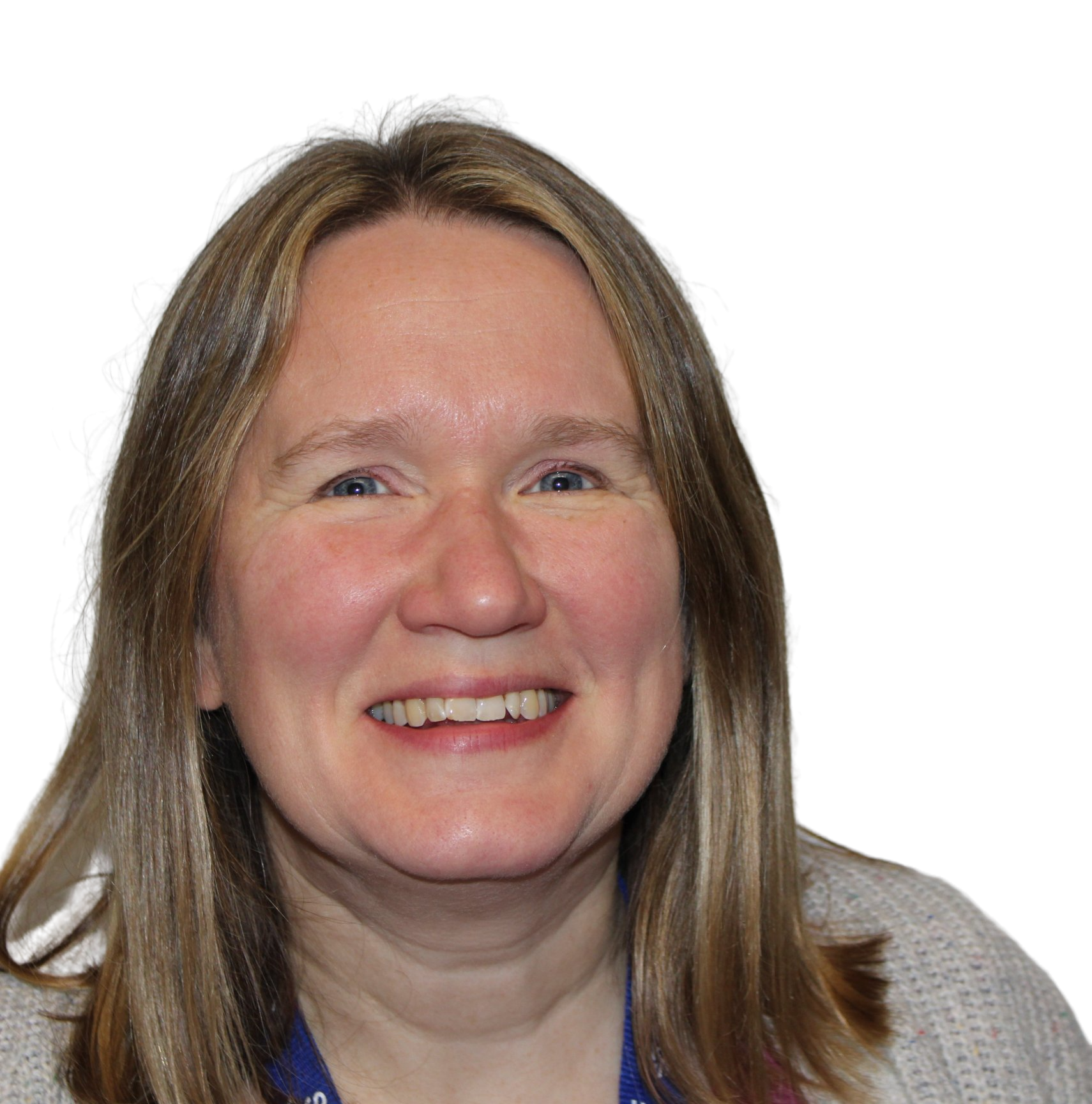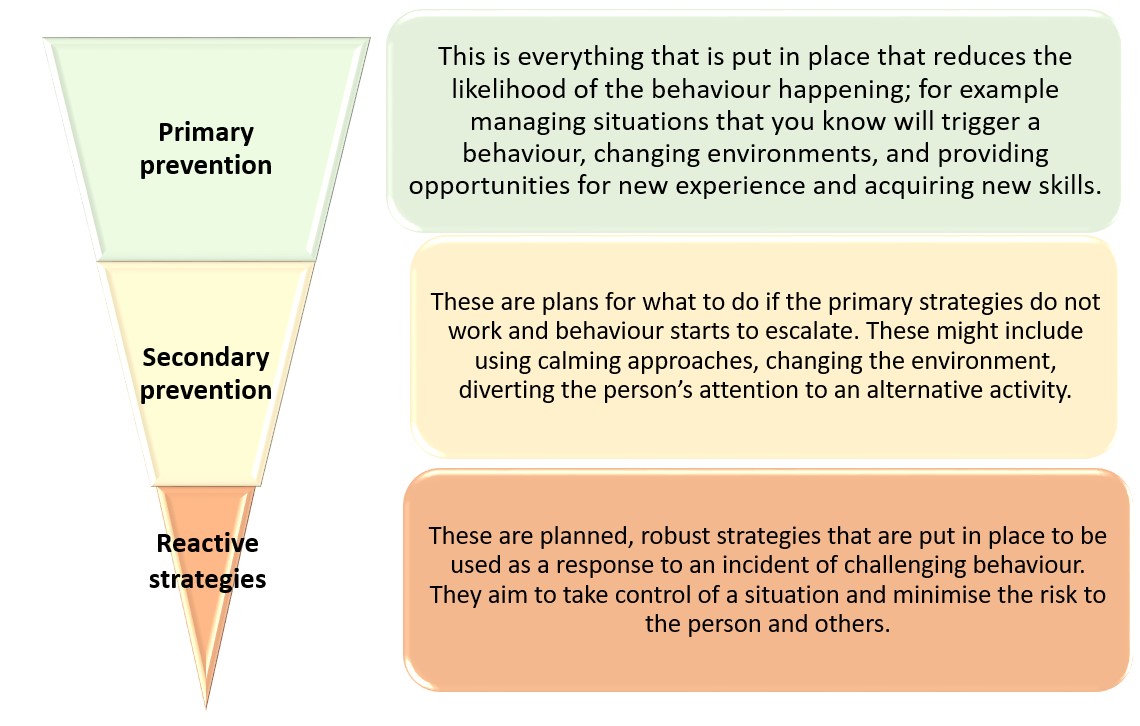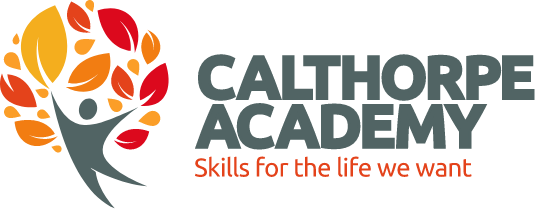Behaviour Support
PBS Team

Antonio Ferraz – Teacher with TLR
- Reviewing and monitoring BSP’s (targeted)
- Support for teachers in writing BSP’s
- Implementation of BSP’s - observation, modelling, feedback and monitoring
- Post-incident support
- Staff training - PBM and PBS
- Data Analysis – whole school
- Capable Environment Implementation

Gary Sirrell – PBS Practitioner
- Functional assessments and writing BSP’s
- Reviewing and monitoring BSP’s (specialist and targeted)
- Data analysis and feedback to staff for individual learners
- Implementation of BSP’s – observation, modelling, feedback and monitoring
- Staff training PBM and PBS
- Post-incident support
- Data Analysis – whole school
- QA for PI and recording and follow up

Mazeed Saeed – PBS Mentor
- Learner observations
- Updating behaviour support plans
- Supporting implementation of behaviour support plans in class
- PIR data analysis and feedback to staff
- Modelling of strategies to support the implementation
- Supporting staff in understanding BSP
- Post-incident support
- Capable Environment Implementation

Islam Ali – Mentor at Belgravia
- Learner observations
- Supporting Updating behaviour support plans
- Supporting implementation of behaviour support plans in class
- PIR data analysis and feedback to staff
- Modelling of strategies to support the implementation
- Supporting staff in understanding BSP
- Post-incident support
- Capable Environment Implementation

Shelley Soni – Speech and Language Therapist
- Support with communication strategies for BSP
- Reviewing BSP for individual learners following input
- Staff training
- Supporting implementation through modelling, feedback and monitoring
- Communication expectations
- Capable environment Implementation and monitoring

Debbie Jenkins – Occupational Therapist
- Support with regulation strategies for BSP (sensory)
- Reviewing BSP for individual learners following input
- Support with sensory profiles
- Staff training
- Supporting implementation through modelling, feedback and monitoring
- Sensory strategy
- Implementation of the sensory-aware learning environment (capable environments)

Gemma Nicholls – Deputy Head Teacher
- Strategic Lead for PBS
- Strategic lead for capable environments
- Restraint Reduction lead
- PBM trainer
- Research and development
- PhD researcher, University of Warwick
- BILD PBS consultant
What is Positive Behaviour Support (PBS)?
- PBS is a multi-component framework used to support long-term behaviour change in order to improve quality of life and well-being.
- Values-based
- Person-centred.
- Co-produced with the learner and people who know them well.
- Carried out for the benefit of the learner
- Provides a positive culture and ethos of care and compassion for all
- It involves working in partnership and treating individuals with dignity and respect
- PBS is both positive and proactive
- Positive means increasing and strengthening helpful behaviours through ‘reinforcement’ (not using punishment or negative consequences to reduce the challenge).
- Proactive means anticipating where things may go wrong and preventing that from happening rather than just reacting when things go wrong.
- There is a strong evidence base in PBS as an effective approach for supporting behaviour and improving quality of life.
- We understand that all behaviours have a meaning and are affected by past and present experiences – Trauma-informed
- PBS aims to change the environment and the way we support an individual to meet needs in better ways, rather than focussing on the individual. Systems around the individual need to support them.
Positive Behaviour Support Strategy - Universal Support
Universal Support |
- Research shows that many behaviours that challenge can be prevented by providing high-quality proactive support
- We aim to “fix” the environment, not the individual
- Universal support forms the basis of all the other support and interventions in the targeted and specialist levels
- It is important to make sure that the basics are in place in order to know what further support is required.
- The features underpin high-quality teaching and learning as well as PBS.
Capable Environments – Social and Physical |
|
|
Behaviour happens as a result of the interaction between a person and their environment. As part of a PBS approach, adapting the environment (both the social and physical environment) has been shown to improve quality of life and also prevent many instances of behaviours that challenge. There are twelve evidence-based features of what helps an environment to be capable and why these are important. These elements produce positive outcomes for individuals and the people supporting them as well as preventing many instances of behaviours that challenge. Ten of these features are broken down into expectations for each pathway, so staff are clear on how this is implemented in day-to-day practice. These features are also included in the Teaching and Learning Framework |
|
Capable Environments – Social and Physical |
|
|
•Well-being passports are completed for ALL learners, they contain key information including communication needs, regulation needs, transitions and reinforcement.
•They are written in the first person and are co-produced by the learner and everyone who knows them well.
•Input from the team around the child will be included e.g. class teachers, parents and therapists and specialist
•Passports will be shared with parents and form part of the transition and EHCP documentation
•Passports are active documents and are regularly reviewed to reflect changes in the learner's skills, needs and preferences
|
|
Curriculum |
Staff Training |
|
•Differentiated curriculum pathways with individualised learning targets and approaches
•Curriculum is broad and balanced, including practical as well as knowledge-based learning
•We focus on developing independence and skill teaching
•Reinforcement strategies are individualised and motivating to the learner
•Development of emotional regulation skills and social interaction skills
•Focus on the generalisation of skills, applied to all settings and the learner's own community
|
• High-quality training for all staff covering both theory and practical application of PBS
• Upskilling staff to enable them to deliver continuous support and intervention.
•Teacher support in skill teaching based on a basic understanding of the functions of behaviour.
•PBS refresher training is delivered annually to all staff and regular inset addresses specific training needs
•Training delivered to new staff
|
Positive Behaviour Support Strategy - Targeted Support
Targeted Support – For Some Learners |
|
Targeted support may be required if behaviours are of an intensity, frequency or duration where they are impacting a learner's quality of life. •Data is collected to establish the function of behaviour and to identify patterns or trends.
•Positive behaviour support strategies are agreed upon by all involved and a targeted PBS plan and risk assessment are created (reviewed and updated at least termly).
•Staff have an understanding of sensory-based strategies and functional engagement.
•Environmental interventions to support (visual schedules, communication aids).
•PBS practitioners are available to coach and model the implantation of PBS strategies.
•Focus on emotional regulation, developing replacement behaviours and teaching functionally equivalent skills.
•Observations and environmental audits may be utilised to establish potential triggers and to support implementation.
|
Positive Behaviour Support Strategy - Specialist Support
Specialist Support – For Few Learners |
|
Specialist support may be required when support at a targeted level has not yet improved outcomes for a learner meaning that the behaviour of concern is of high intensity, frequency or duration or that the function of behaviour has not yet been established. Specialist support may involve: •Full functional assessment of behaviour
• In-depth analysis of behavioural patterns and trends
•Additional training/ coaching for key staff to implement specialist strategies.
•Multi-agency working to teach replacement behaviour or skills in a specified way.
|
Behaviours of Concern
“Behaviour can be described as challenging when it is of such an intensity, frequency or duration as to threaten the quality of life and/or the physical safety of the individual or others.” (Royal College of Psychiatrists, 2007)
Calthorpe Academy uses Sleuth as a system for recording and monitoring behaviour. Data is analysed at an individual level and also at an organisational level. This helps to inform behaviour support planning and monitoring. Progress is also monitored through the following:
- Observational ABC (Antecedent/Behaviour/Consequence) chart, Partial Interval Records
- Progress data (skills development)
- Learning walk and observation process (behaviour for learning is a component of the Fantastic Five)
Behaviour Support Plans
- Provides a step-by-step guide on how to support the child to learn new skills and how and when to intervene
- A good plan should have more proactive than reactive strategies.

Function of Behaviour
- It is important to remember that all behaviours serve a unique purpose to the individual. Understanding why these behaviours occur is an important step in preventing and replacing the behaviour.
- Replacement behaviours can then be taught that meet the same function as the challenging behaviour.
| What it does for the individual | When it occurs | What can be done | ||
MMedical |
|
Maybe in pain or discomfort, hungry or thirsty. Need to rule out any medical needs. | ||
EEscape |
 |
Avoid or get away from undesirable events or situations. | When the event or location is too hard/easy/boring/scary etc. | Prompt functional communication response, e.g. ‘I want a break.' Ensure demand is at the correct level. |
AAttention |
 |
Gain access to interactions and social contact. | When social interaction is desired. | Provide attention when learner is on task, teach how to gain interaction appropriately. |
TTangible |
 |
Gain access to preferred items or activities. | When preferred items are desired. | Teach learner to request preferred items appropriately (e.g. symbol/sign). |
SSensory |
 |
Feels good, provides sensory feedback. | Anytime, alone or with others. | Provide opportunity to meet sensory need or provide alternative to that. |
Resilience and achievements in learning new/replacement skills
When teaching replacement skills, It is important that tasks and skills are broken down into small steps and that these are reinforced to ensure that learners are motivated to learn and can understand when they have achieved. Motivation is key for our learners in making progress.
- It is considered reinforcement only if the response increases the likelihood that the behaviour will occur in the future
- Reinforcement can be used to teach new skills or to increase the probability that a behaviour will occur again
- Reinforcement will vary for individual learners
- It’s only effective if the reinforcement you deliver is something that the learner finds motivating
Reinforcement can be social, tangible or an activity. It may need to be immediate for some learners, and for others, this reinforcement can be delayed. For new learning, it may need to be more frequent. Reducing the frequency of reinforcement over time can support learners to develop their resilience and be more persistent.











